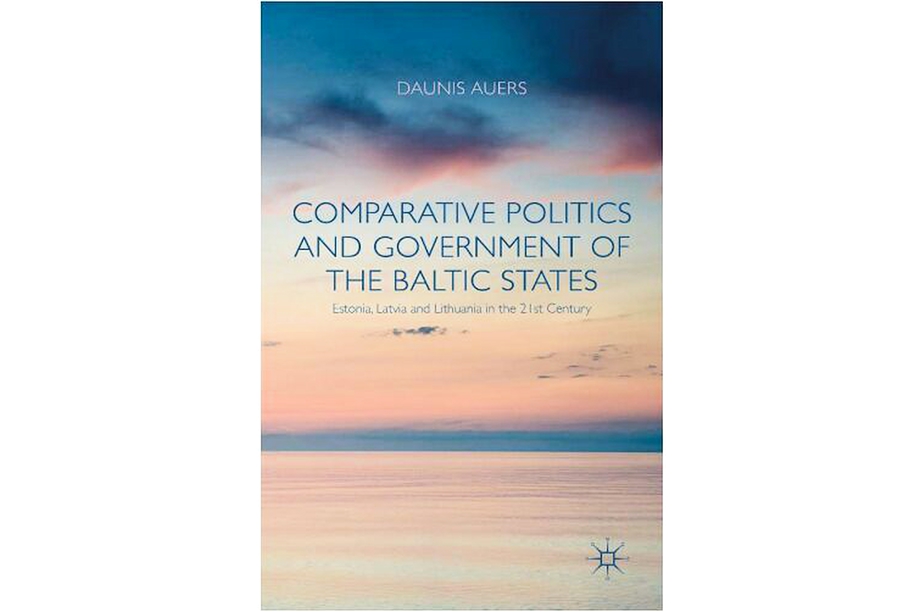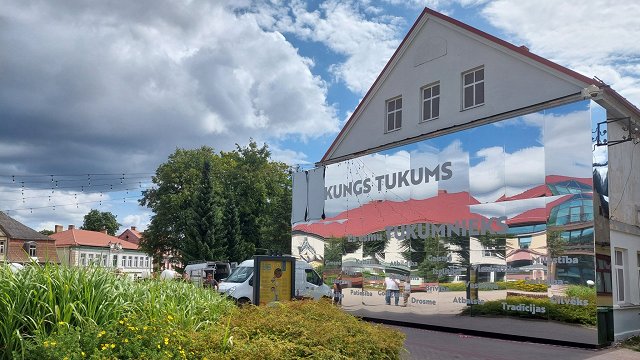With the Baltic states a focus of international attention in a way they have not been for years as a result of the current geopolitical tensions in the region, the launch of Comparative Politics and Government of the Baltic States: Estonia, Latvia and Lithuania in the 21st Century by University of Latvia academic Daunis Auers seems timely.
The book explores and compares the paths of the Estonian, Latvian and Lithuanian states since the restoration of their independence, including their contrasting politics, their different constitutional arrangements, judiciaries and security apparatus.
Other chapters analyze the region's political parties and electoral systems, civil society development, the influence of corruption and ethnic relations, before charting the likely path ahead.
Telling LSM why he wrote the monograph, Auers said: "There hasn’t been a new book on the Baltic political systems since the 1990s. While a number of texts in the 21st century have touched on politics they have either been, at core, history books with very brief sections on contemporary politics, single country studies or have looked at just one dimension of Baltic politics such as political culture.
"Basically, there was no up-to-date single book, adopting the comparative politics approach, that I could direct either my Latvian or (rapidly increasing) international students to read.
"This also meant that there were no suitable texts for students and academics elsewhere in Europe or North America or for financial institutions and businesses seeking background on the region before investing here. This book attempts to plug these multiple gaps."
"My core argument is that a quarter century after independence the Baltic states have become normalized European democracies. They are quirky, for sure – but so are Greece, Italy and even Finland.
"Alas, the Baltic states are poorer than their west European neighbors - convergence is taking far longer than expected) - and have adopted a social model radically different to their Nordic partners. Both these factors contribute to public disenchantment in politics - although this is a Europe-wide trend.
"Nevertheless, and despite popular perceptions, parties are consolidating, voters are becoming more predictable and governments more stable. Corruption is down while the role and influence of civil society is up.
"The biggest challenge to long-term economic convergence and political stability remains external. Russia continues to be an unpredictable and unhelpful neighbor and partner that may even pose an existential threat to the Baltic states."
LSM particularly recommends Auers' work to any foreign journalists who want to look like they know what they are talking about on the Baltics these days - even if they haven't been here.
The book can be ordered online via Amazon.


























